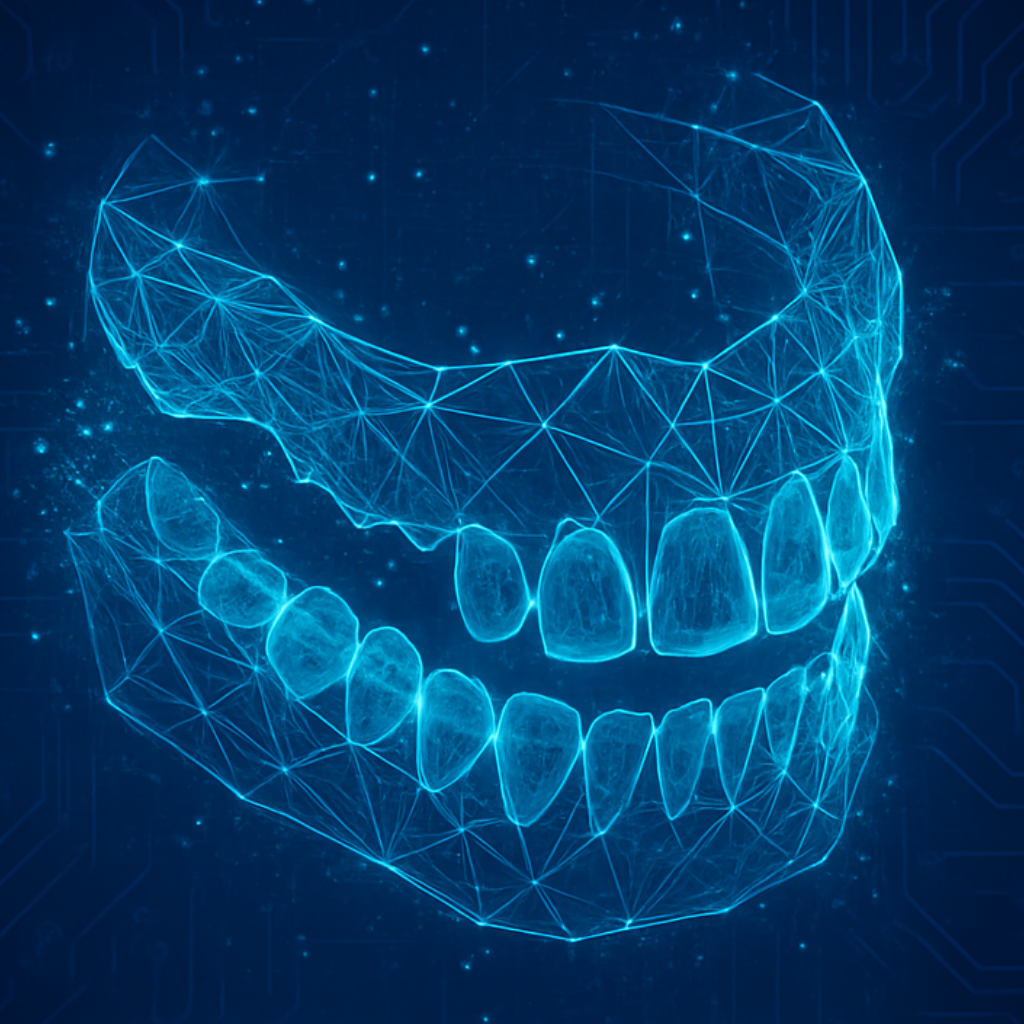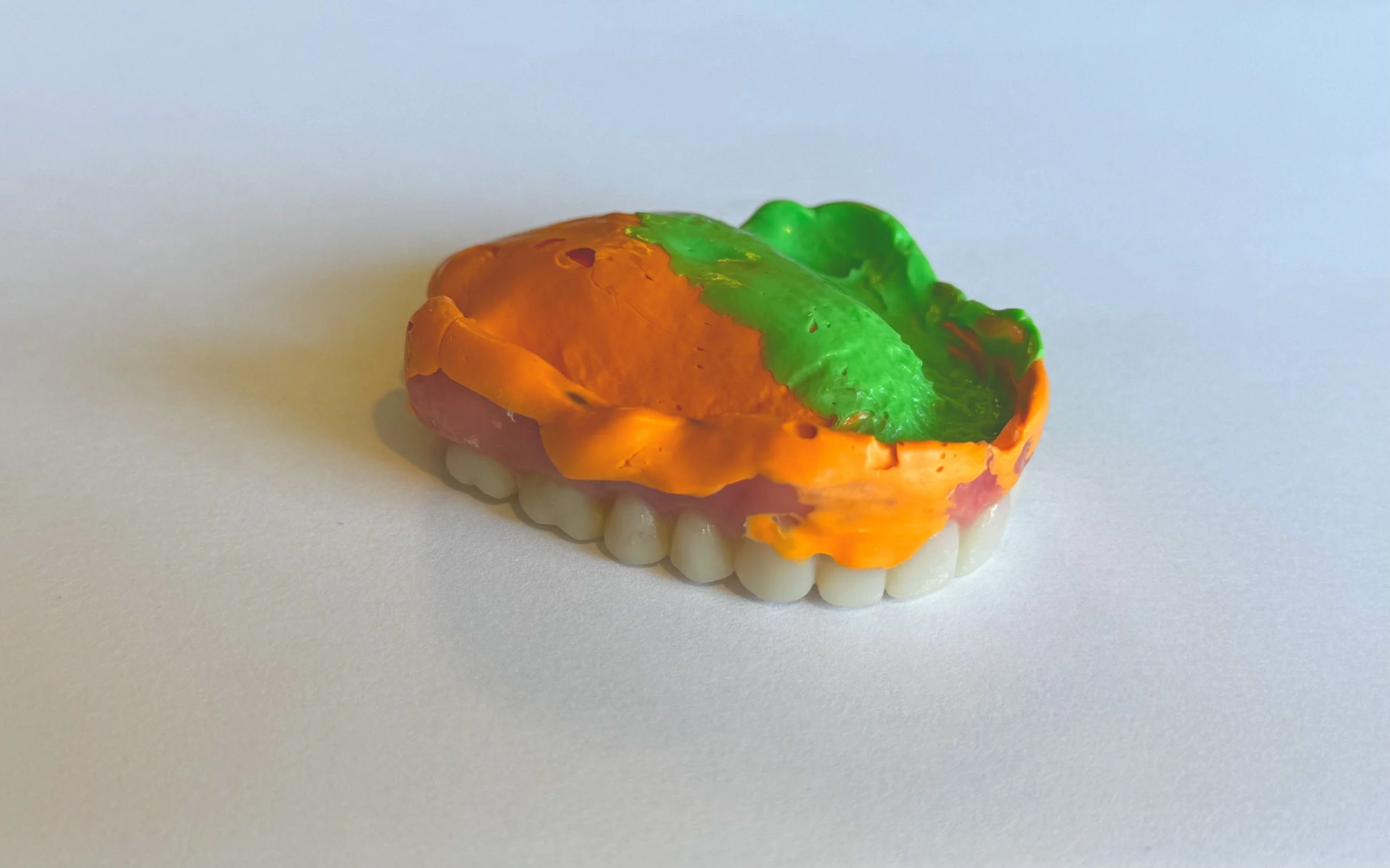Digital Dentures Made Simple: 4 Workflow Tips That Actually Work
Digital dentistry isn’t the future anymore — it’s the present. Today, digital impressions and CAD/CAM workflows are transforming the way clinicians and labs collaborate to deliver prosthetics.
But while digital tools promise speed and precision, poor workflows can lead to costly remakes, frustrated patients, and wasted chair time.
At Denture Crafters, we’ve worked with hundreds of clinicians and thousands of cases. The difference between success and failure often comes down to the workflow itself.
Where It All Starts: Dental Impressions & Scans That Lead to Better Denture Outcomes
When it comes to repairing, relining, or adjusting dentures and partials, everything starts with the right impression or scan. The records you send to your dental lab are not just paperwork — they’re the foundation for accuracy, faster turnaround times, and, most importantly, happy patients.
Here is a quick guide outlining what impression is needed for repairs and relines:
Pouring Strong Foundations: The Science of Dental Stone
Pouring Strong Foundations: The Science of Dental Stone
When you send an impression, the very first step a lab takes is pouring it in stone. But here’s a detail that often goes unnoticed — different types of stone serve different purposes, and the type we use impacts the accuracy, strength, and outcome of your case.
Types of Dental Stone
Plaster (Type II – White): Lower strength, often used for simple study models or for orthodontic setups.
Dental Stone (Type III – Yellow): Our most common choice for working casts — strong enough for most removable cases while maintaining accuracy.
High-Strength Stone (Type IV – Green or Pink): Used when precision is critical, such as crown & bridge dies, implant cases, or complex partials.
High-Strength, High-Expansion (Type V – Often Blue): Designed for certain high-heat applications like casting metals where expansion is required.
Why It Matters
Color Coding = Clarity
A quick glance tells the lab and the doctor what type of model they’re working with.
Accuracy = Fit
Using the right stone minimizes distortion, ensuring your dentures and partials fit beautifully on the first try.
Strength = Durability
Models need to withstand trimming, articulation, and processing — the wrong stone can crumble or chip.
At Denture Crafters, we don’t just pour a model — we choose the right foundation for the right case, every time. That’s one of the many small details that add up to big differences in fit and function for your patients.
👉 Have questions about which stone is best for your upcoming case? We’re happy to walk you through our process.



